Blog
Get the inside scoop about life at U-M and applying to Michigan from current student bloggers, Admissions staff, and guest faculty writers.
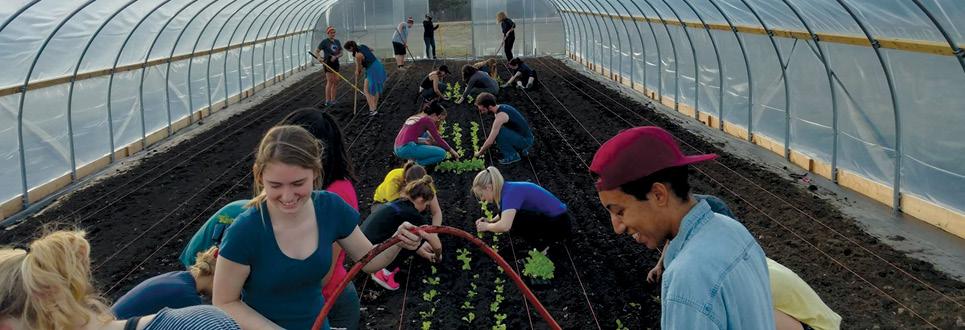
Get the inside scoop about life at U-M and applying to Michigan from current student bloggers, Admissions staff, and guest faculty writers.

Some of the most valuable lessons I’ve learned throughout college have come from my peers. Read on to learn more about my experience with peer mentorship!
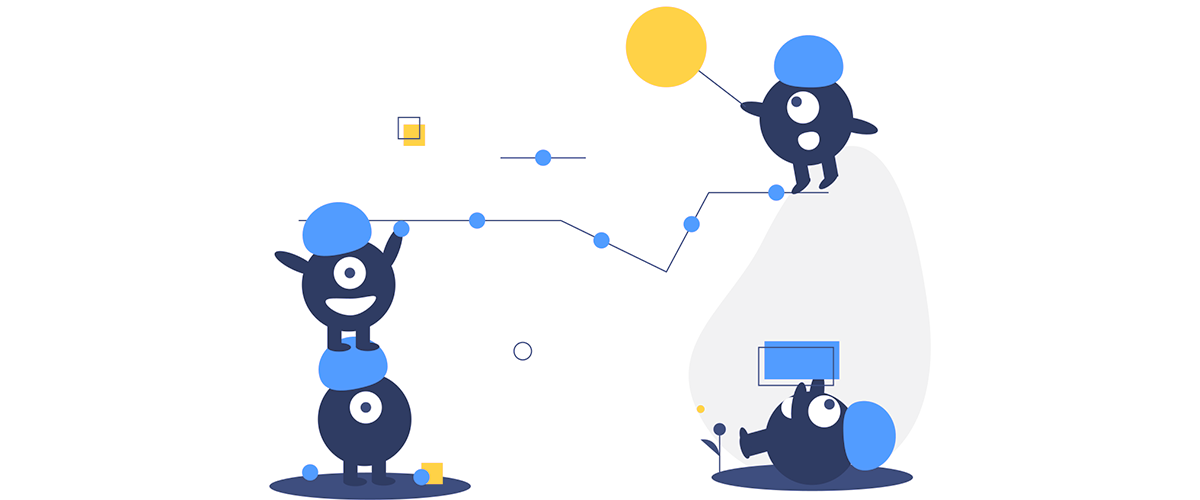
I’ve come to realize that peer mentorship is an integral part of my college experience. Before attending the University of Michigan, I had a limited perception of what mentorship was and what it looked like.
Initially, I thought a mentor-mentee relationship was a one-way street in which a mentor offered support and advice to a mentee. A mentor was well established in their career and had years of experience in their field.
As a mentee, I was just a student learning to navigate my interests with aspirations to gain new experiences. I didn’t think I had much to offer in return. In retrospect, I couldn’t have been more off the mark.
My definition of mentorship completely changed in college. I quickly learned that a mentor-mentee relationship is symbiotic. The mentoring process benefits both the mentee and mentor. While a mentee may lack experience with regard to a certain field, they can bring a fresh perspective or experience that a mentor may have never encountered before.
For example, as an undergraduate research assistant in the University of Michigan Kellogg Eye Center, my research focuses on identifying molecular mechanisms that lead to vision loss. I enjoy asking my mentor questions about the relationship between these mechanisms and current treatments for patients with vision loss. I also like to make connections between my research and what I’ve learned in my biology classes at U-M.
My research mentor encourages me to continue forming my own ideas while imparting their knowledge to me, which helps guide my understanding of specific concepts so that I can properly apply them in the lab. I feel reassured knowing that I, too, have something to offer to the mentoring process.
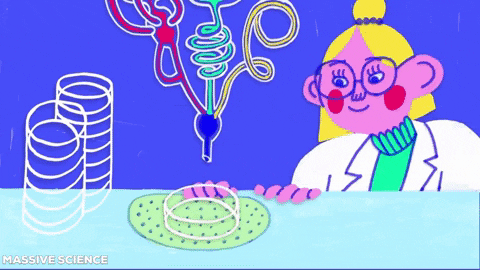
Perhaps one of the most important lessons I’ve taken away from my U-M experience so far is that mentors are not restricted to professors, principal investigators, and professionals. Mentorship can also come from the other “P” word: peers!
While at U-M, I’ve been able to surround myself with fellow students who are passionate about sharing their experiences and what they’ve learned during their undergraduate years with other students. We all strive to do our best, achieve our own definitions of success, and grow into leaders. So, why not help each other out along the way?
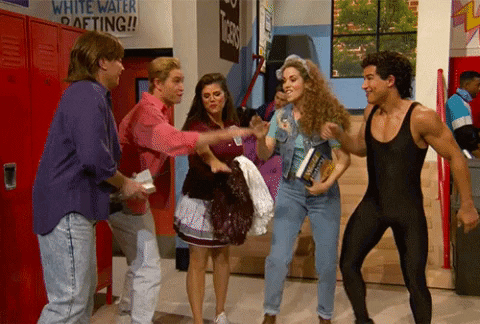
This past summer, I was able to connect with a U-M senior who plans to pursue a career in medicine after college. I was able to reach out to her through The Maize, a coalition of Michigan student organizations collaborating to support the Black Lives Matter movement by increasing student access to professional resources and upperclassmen mentors.
She had a range of unique experiences and interests that I was curious to learn more about, such as interning with Michigan Medicine and shadowing physicians in various specialties. During our conversation, she was excited to answer all of my questions and provided valuable insight into classes, clinical work, and extracurricular activities that helped shape her college experience. Without having met before, she was so willing to help me in any way that she could.
I believe this speaks to the character of many students at Michigan. We just want to help others. We want to see our peers succeed and get to where they want to go.
From experiences like this, I recognize that I can learn a lot from my peers. I thrive in a community where students can learn from each other. To me, this is what peer mentorship is all about.
I’m grateful to have found this community at U-M. With that said, I encourage you to remember that each of your peers has something valuable to teach you, and you have something valuable to offer in return!
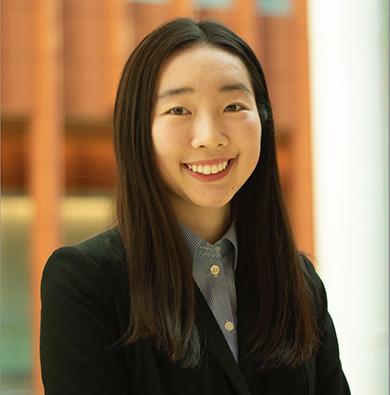
Madeleine Lee is a senior in the College of Literature, Science, and the Arts with plans to work at the intersection of health and social justice. Outside of the classroom, she conducts research at the Kellogg Eye Center and is a member of the Korean-American Scientists and Engineers Association. She is an Ann Arbor native, and in her free time, you can find her running, solving crossword puzzles, or making playlists.